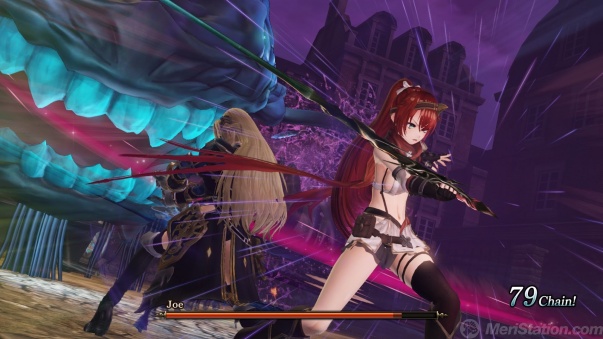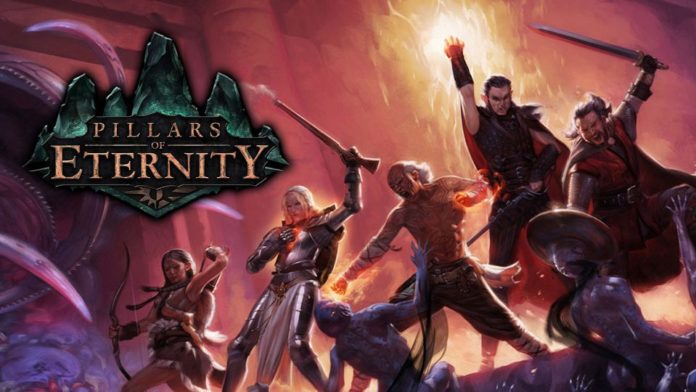Estonian studio ZA / UM announced the start of creation Disco elysium, his debut project, back in 2016, but at that time hardly anyone could believe that the result of this work would turn the role-playing genre upside down. Stories about the development periodically flashed in the news feeds, but did not attract much attention, and only after the final release in October 2019, Disco Elysium became one of the main topics of discussion within the gaming community.
The story in Disco Elysium revolves around an extraordinary detective story. A man wakes up with a pain in his head because of a strong hangover in an unfamiliar hotel room and after a superficial acquaintance with the location, he concludes that alcoholic couples have tightly knocked out all possible memories from him. He is surrounded by a strange world incomprehensible to him, which he begins to explore again with the player.
When communicating with various characters, the veil of secrecy surrounding this world will open for you. From the place of residence in the post-revolutionary former capital to finding out what the planet on which everyone lives (and whether it is a planet at all) looks like.
The loss of memory is not considered by the police as a good reason to leave work, and therefore the protagonist in one boot goes straight to the crime scene, which is right in the backyard of the hotel. The detective is involved in a series of conflicts and unexpected revelations, understanding which he must again find himself, and at the same time the criminal.
The gameplay of Disco Elysium is a fancy mix of Point-and-Click adventure and classic board role-playing. The player will have to navigate through isometric locations, engage in interactions with a variety of objects or characters and wade through thousands of lines of text.
The vast majority of game mechanics are also text-based, so whether it’s a fist fight or an attempt to open a locked door, for a player it will look like a window with a choice of dialogue options.
The role system is based on indulging certain entities that settled in the head of the main character and with whom the latter often enters into a skirmish. Despite progressive schizophrenia, the protagonist manages to maximize the use of annoying voices from the depths of the subconscious.
The player has the right to improve the four main characteristics of the hero – Intelligence, Motility, Physique and Mind. Each parameter contains several more specific skills, such as Logic and Will, which directly affect the variety of options in the dialog tree, opening up new ways of doing things.
So, having high physique indicators, a detective can knock out information from an interlocutor using brute force, while a detective with a strong Mind is able to catch barely noticeable non-verbal signs and solve his problems with the help of psychological pressure.



